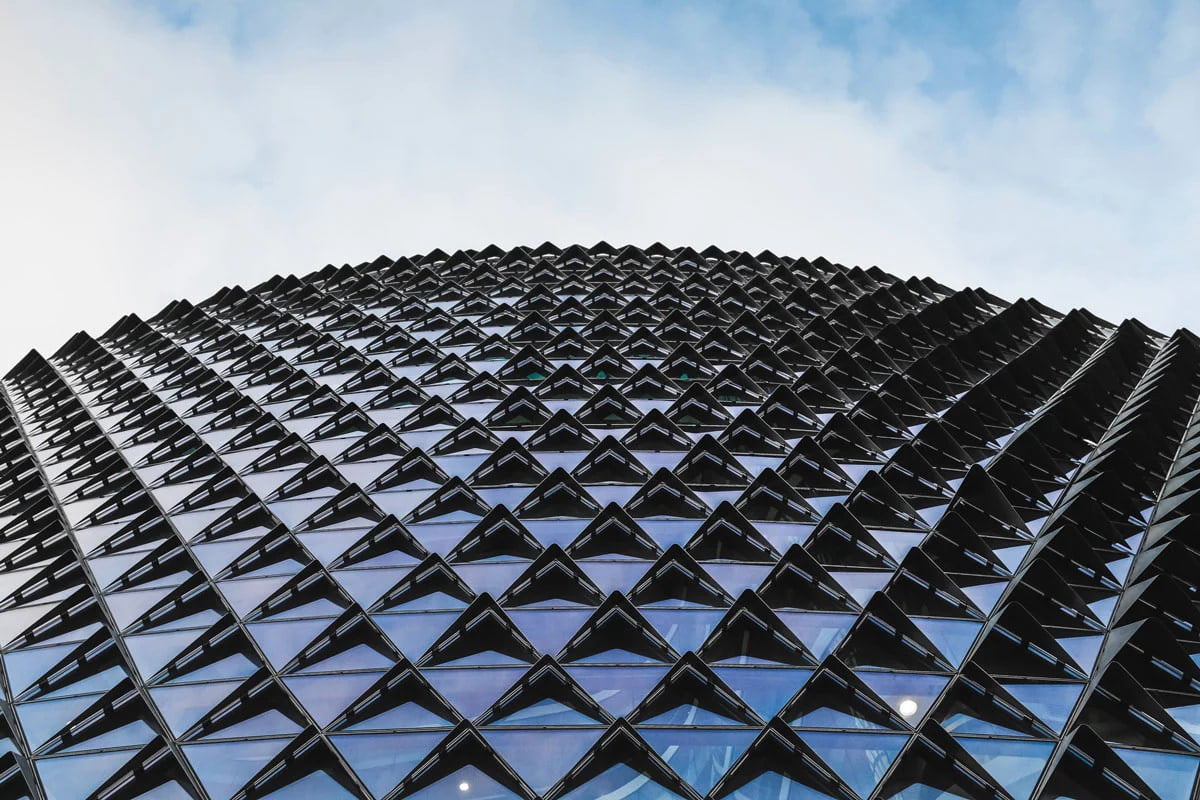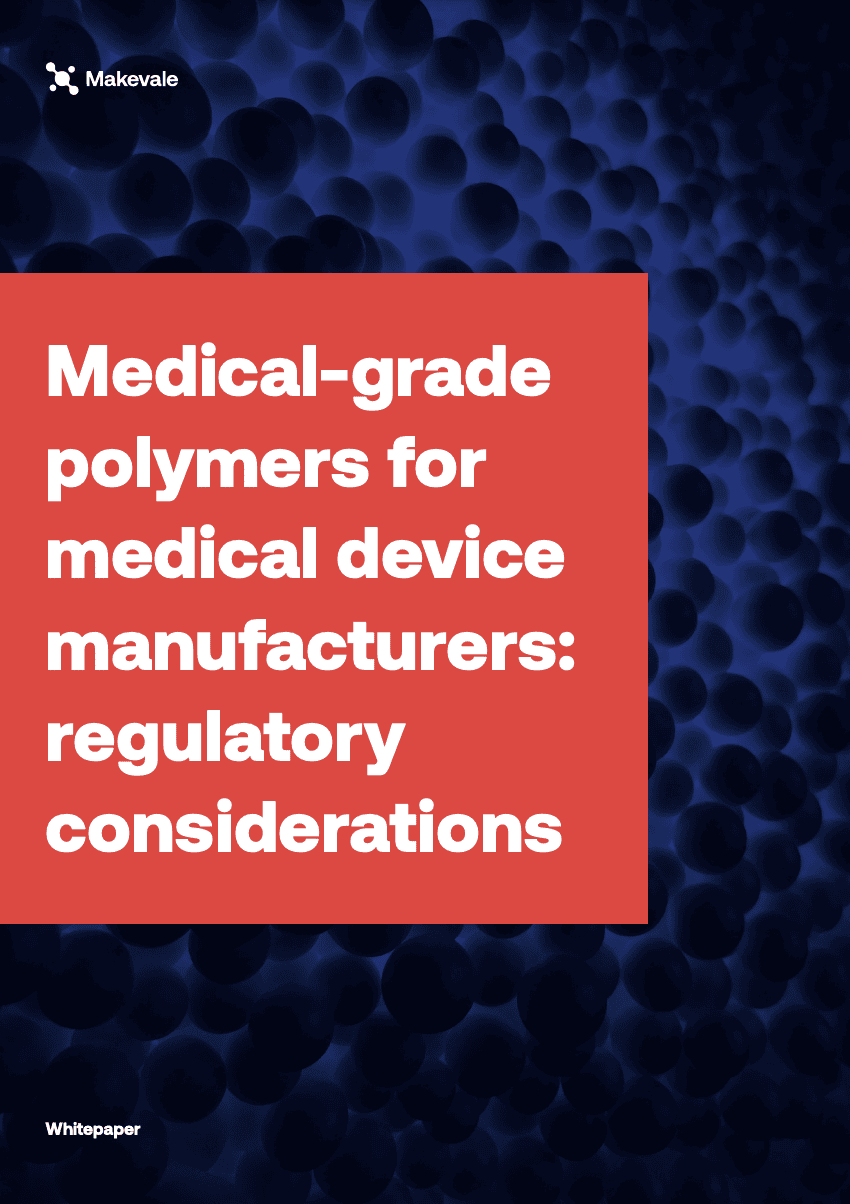
Polymerisation inhibitors are crucial for the safe storage of the volatile and easily catalysed methyl methacrylate (MMA). To drive polymerisation during the production of poly(methyl methacrylate) (PMMA), these inhibitors need to be consumed but they leave a chemical footprint. These chemical residues can have far-reaching impacts on downstream manufacturing processes and final product characteristics and even small changes in the inhibitor type or concentration can drive unpredictable change. Could the inhibitors used in storing MMA be causing issues in your products?
Controlling MMA inhibitor residues
Polymerisation inhibitors such as 4-Methoxyphenol (MEHQ) or 2-tert-butyl-4,6-dimethylphenol (Topanol-A), are added to MMA to prevent polymerisation during storage and inhibitor levels and types can vary hugely according to the MMA manufacturer. MMA inhibitors are there to stop the propagation steps of polymerisation occurring during storage, impeding the free radicals that are needed to drive polymerisation. Within a PMMA bead manufacturing process, only once the inhibitor is consumed, can the polymerisation take place.
The problem comes during this consumption process. Inhibitors have always been a feature of PMMA bead manufacturing and yet the chemistry of their consumption within complex mixtures is still something of an unknown. We do know that the consumption of different MMA inhibitor types, leads to the formation of different inhibitor by-product residues which have a direct impact on the chemistry of the PMMA bead. Although inhibitor impacts can be hard to extract from other manufacturing influences, we see that different inhibitor types and concentrations directly impact the morphology of the bead, its surface chemistry and its size.
PMMA beads are manufactured to exacting specifications. The particle size, molecular weight, morphology and surface chemistry of the bead directly impacts its performance in end-products, as well as the handling characteristics as it passes through the processing journey. To reduce the impact of inhibitor by-product residues on final products, the inhibitor levels in the MMA used to make the PMMA bead must be closely controlled and minimised wherever possible, while still allowing the safe storage of the MMA raw material. This can be challenging, particularly in hot climates where MEHQ is the preferred inhibitor and where levels can easily reach more than 60 parts per million (ppm). Each MMA inhibitor and subsequent residues has curiosities and some are much more prone to colour and handling issues, even in relatively low concentrations.
We choose our MMA suppliers very carefully, working with trusted companies that guarantee a predetermined inhibitor level and type. With very careful storage and cooling protocols, we can handle MMA with very low inhibitor levels which results in a very pure PMMA bead product with carefully controlled characteristics and low inhibitor by-product residues, meeting the very exact specifications that our clients need.
Following polymerisation inhibitors through the casting journey

Inhibitor residues within the PMMA bead are just one part of the picture. PMMA beads are often used as part of a powder liquid system in applications, such as dental prostheses, cosmetic products and orthopaedic bone cements. PMMA powders are added to complex cocktails of liquids, including cross-linkers, stabilisers, dyes and odour masking compounds. These proprietary liquids react with the PMMA powder to create doughs but due to the liquid component, they too contain high levels of polymerisation inhibitors. With further chemical by-products, it’s easy to see how a reaction could occur to change the characteristics of the dough, including work and flow time and colour.
Most powder, liquid systems require liquids with inhibitor concentrations in the region of 50 - 100 parts per million (ppm), levels which are likely to cause discolouration. In fact, some polymerisation inhibitors will cause issues in quantities in the parts per billion (ppb) range. The problem is exacerbated in hot climates, where manufacturing environments can easily reach more than 30°C. These conditions often require MEHQ-based inhibitors in large concentrations to prevent premature reactions brought on by increased environmental temperatures. And, of course, inhibitor levels aren’t the only variable in this complex manufacturing process – several other chemical interactions could also be responsible for adverse characteristics in the end product.
One way to control inhibitor levels is to outsource liquid formulation to third party experts. As well as providing PMMA powder for casting applications, Makevale also provides pre-formulated liquids, matched to the environmental conditions where doughs are made and the intended use of the final product.
Deep analysis of the manufacturing process
So, how do you know if polymerisation inhibitors are causing product defects and how can you fix the process? Signs, such as discolouration and handling issues, often point towards inhibitor level issues, but a deep analysis of the whole formulation and manufacturing process is the best way to pinpoint the problem. This analysis needs to start with the incoming chemicals, such as MMA, their exact profile, handling and storage environments and the adherence to the recommended usage. Moving throughout the formulation, each chemical, its composition, its use and the manufacturing process need to be evaluated and measured. If increased levels of polymerisation inhibitors are needed because of high storage temperatures, then this should be factored into decisions. A compromise can be made as to whether changing the environment is worth the cost to improve the end product. Considering the actions of other additives on the inhibitor can reveal potential substitutions that allow reductions in inhibitor concentrations.
Makevale chemists often work with clients to diagnose end product faults, using years of knowledge of the complex chemistry involved in polymer production. For many clients, sometimes without full chemist teams on-site, we take formulation in-house, providing liquids and powder that manufacturing teams can simply mix on-site. Working with clients, we produce detailed specifications, created for real-world manufacturing environments with all their nuances and unpredictability. Where temperatures vary, we select MMA inhibitor/additive mixtures that work in wide ranges without adverse colour effects.
Optimising formulations for higher quality products

If you’re experiencing unpredictable manufacturing outcomes, speak to our expert team and we’ll be happy to talk through your options. Read more about a recent analysis and specification project for a leading dental protheses client.
Makevale has more than 40 years of experience in developing high-performance polymers across multiple industries, working with clients to create the perfect formulas to meet their manufacturing challenges. For further information on our dental liquids and acrylic powders, contact our team for free, no-obligation advice.
